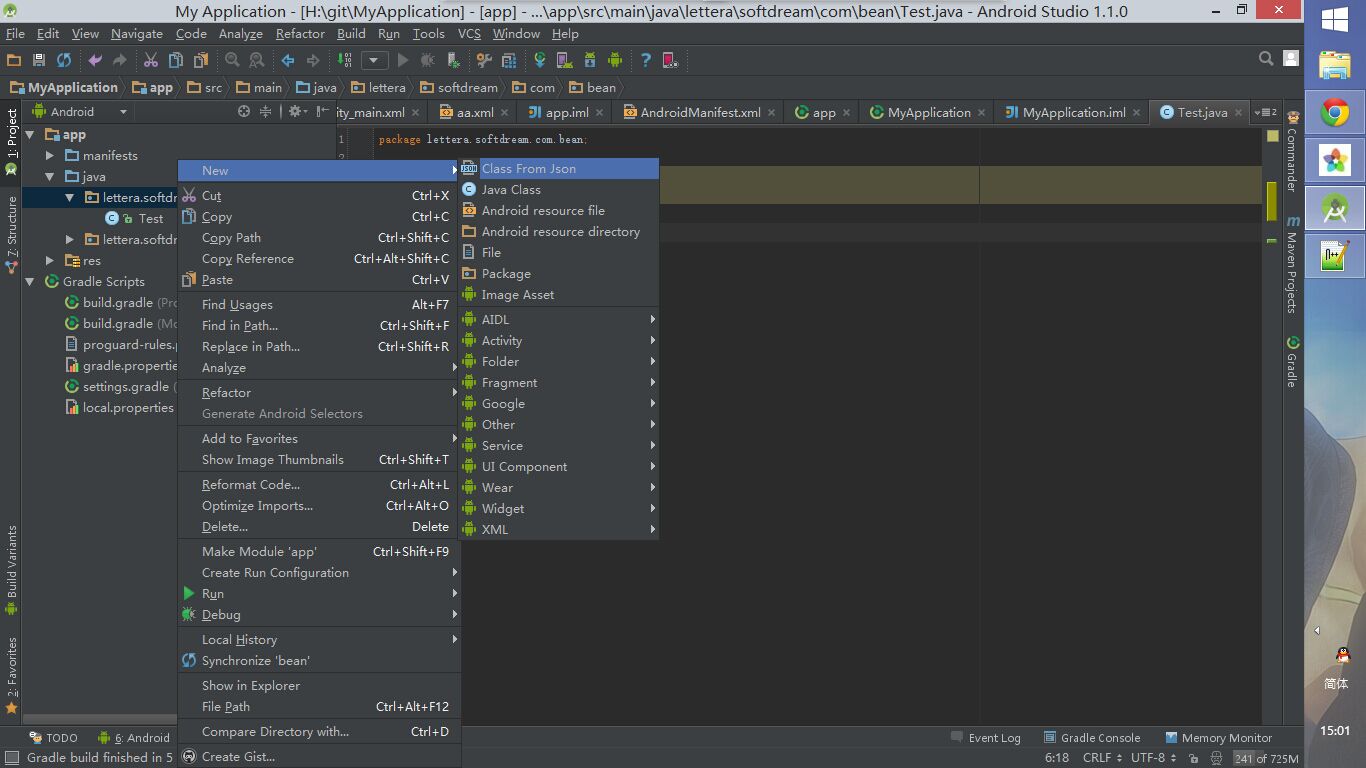

Override basic interactions between the Android operating system and the Unity Android application. Interact with Java and Kotlin plug-in code from your C# scripts. Understand the different plug-in types available for Unity Android applications.Ĭall Java and Kotlin plug-in code from C# scripts Allows you can access features like OS calls and third-party code libraries that would otherwise not be available to Unity. For more information about native plug-ins and their uses, see Native plug-ins A platform-specific native code library that is created outside of Unity for use in Unity. The information on these pages assumes you already know how to create native plug-ins for Unity. This section describes how to create your own plug-ins and use them in Android projects.

NET assemblies created with tools like Visual Studio) and Native plug-ins (platform-specific native code libraries). There are two kinds of plug-ins you can use in Unity: Managed plug-ins (managed. For more information about plug-ins with Unity, see Plug-ins A set of code created outside of Unity that creates functionality in Unity. They enable you to access features, like third-party code libraries and operating systems calls, that would otherwise not be available to Unity. You can use plug-ins to deliver resources and call Java and C++ code created outside of Unity from your C# scripts A piece of code that allows you to create your own Components, trigger game events, modify Component properties over time and respond to user input in any way you like.


 0 kommentar(er)
0 kommentar(er)
